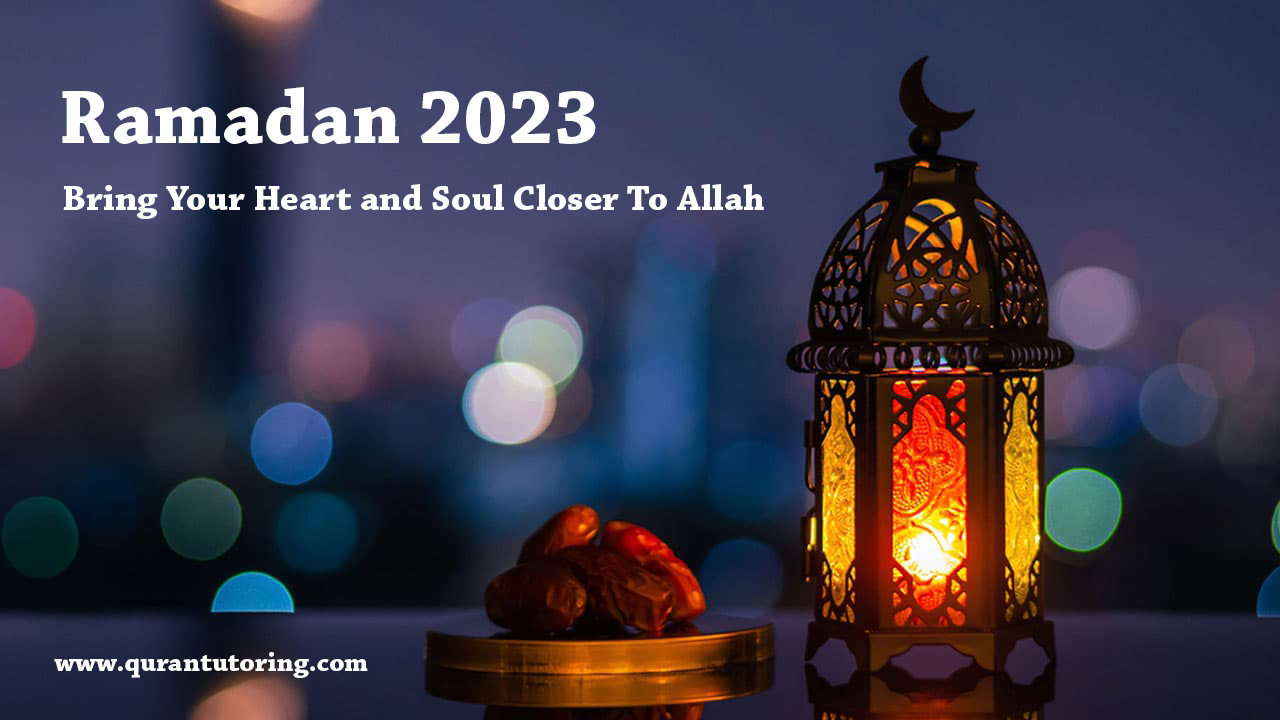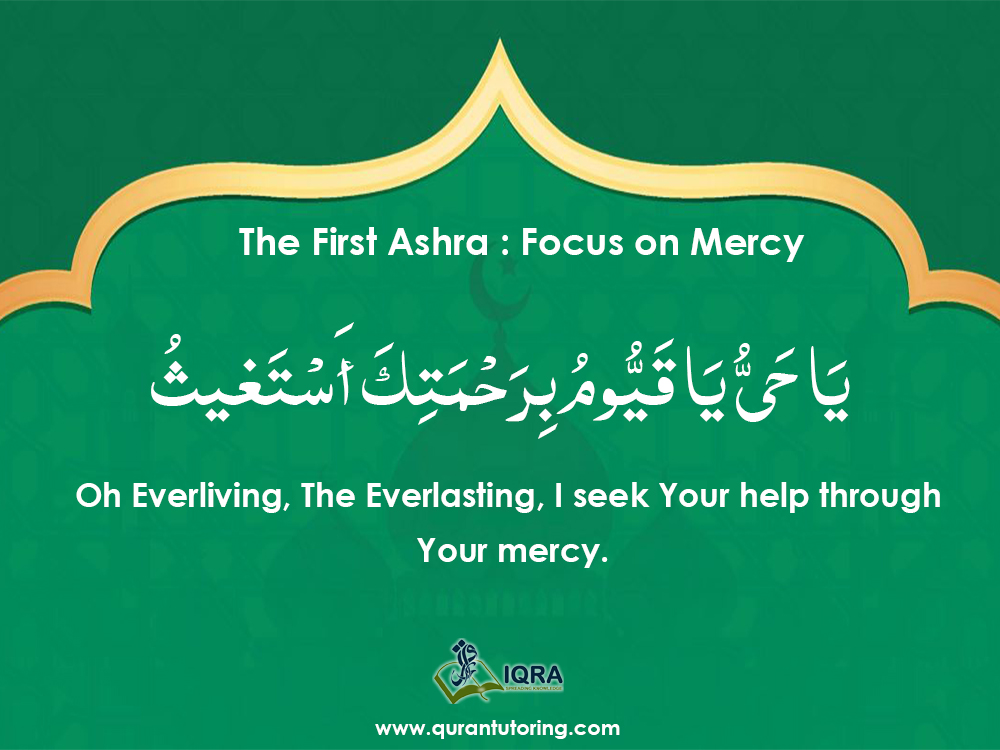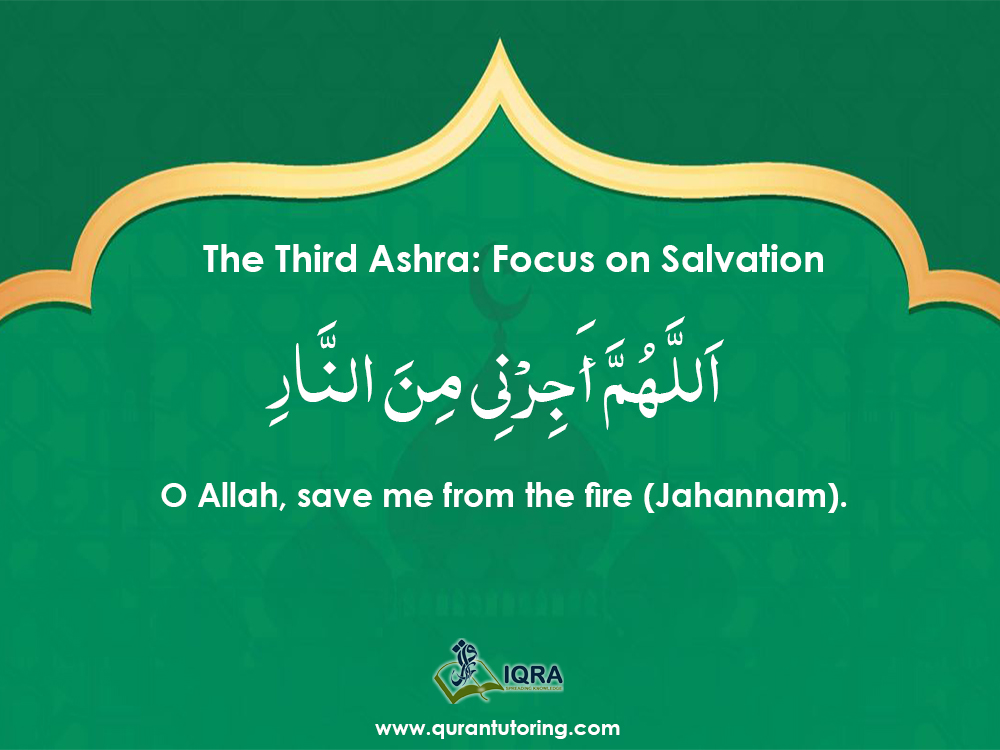Ramadan Blessings
Ramadan is a month of great significance in the Islamic calendar. It is the ninth month of the Islamic calendar and is observed by Muslims all over the world as a period of fasting, reflection, and spiritual growth. Ramadan is one of the five pillars of Islam, and its observance is mandatory for all Muslims who have reached puberty and are in good health.

During Ramadan, Muslims are required to fast from dawn until dusk. This means abstaining from food, drink, and any kind of sexual activity during the daylight hours. The fast is broken at sunset with a meal known as iftar, which is usually shared with family and friends. The pre-dawn meal is known as suhoor, and it is taken before the start of the fast.
Ramadan is not just about abstaining from food and drink; it is also a time for spiritual reflection and growth. Muslims are encouraged to spend more time in prayer, engage in acts of charity and kindness, and read the Quran, the holy book of Islam. The month of Ramadan is believed to be the month in which the Quran was first revealed to the Prophet Muhammad, and therefore, it holds great significance in the Islamic faith.
The act of fasting during Ramadan is a physical and spiritual discipline that is meant to teach Muslims self-control, patience, and empathy for those less fortunate. Fasting is also believed to have health benefits, such as detoxification and weight loss. However, it is important for individuals with certain medical conditions to consult with their healthcare provider before fasting.
Ramadan is also a time of community and togetherness. Muslims often gather for iftar and evening prayers at the mosque or in each other's homes. In many countries, charitable organizations provide food and supplies to those in need during Ramadan, making it a time of giving and generosity.
Ramadan is divided into three parts or Ashras, each lasting for ten days. Each Ashra has a specific theme and spiritual focus. The first Ashra is focused on seeking mercy, the second Ashra is focused on seeking forgiveness, and the third Ashra is focused on seeking salvation. By following the guidelines of each Ashra and engaging in acts of worship and charity, Muslims can make the most of this blessed month and attain spiritual growth and closeness to Allah.
The First Ashra: Focus on Mercy
The first ten days of Ramadan are dedicated to seeking the mercy of Allah. Muslims are encouraged to seek forgiveness and repent for their sins. They should also strive to be more compassionate and merciful towards others. The Prophet Muhammad (peace be upon him) said, "He who does not show mercy to others, Allah will not show mercy to him."

The Second Ashra: Focus on Forgiveness
The second ten days of Ramadan are focused on seeking forgiveness from Allah. Muslims are encouraged to seek repentance for their sins and to ask Allah for forgiveness. The Prophet Muhammad (peace be upon him) said, "The one who fasts Ramadan with faith and seeking reward from Allah will have his past sins forgiven."

The Third Ashra: Focus on Salvation
The third and final ten days of Ramadan are dedicated to seeking salvation and protection from the Hellfire. Muslims are encouraged to intensify their worship and engage in acts of charity during this time. The last ten days of Ramadan include Laylat al-Qadr, which is the Night of Power, a night of great spiritual significance. Muslims believe that the Quran was first revealed to the Prophet Muhammad (peace be upon him) on this night.

The end of Ramadan is marked by the festival of Eid al-Fitr, which is a time of celebration and feasting. It is a time for Muslims to give thanks for the blessings of the past month and to reaffirm their commitment to their faith.
In conclusion, Ramadan is a month of great significance in the Islamic calendar. It is a time for Muslims to fast, reflect, and grow spiritually. It is a time for community, charity, and giving. Ramadan teaches Muslims self-discipline, patience, and empathy for those less fortunate. It is a time to strengthen their connection with Allah, and to reaffirm their commitment to their faith.
